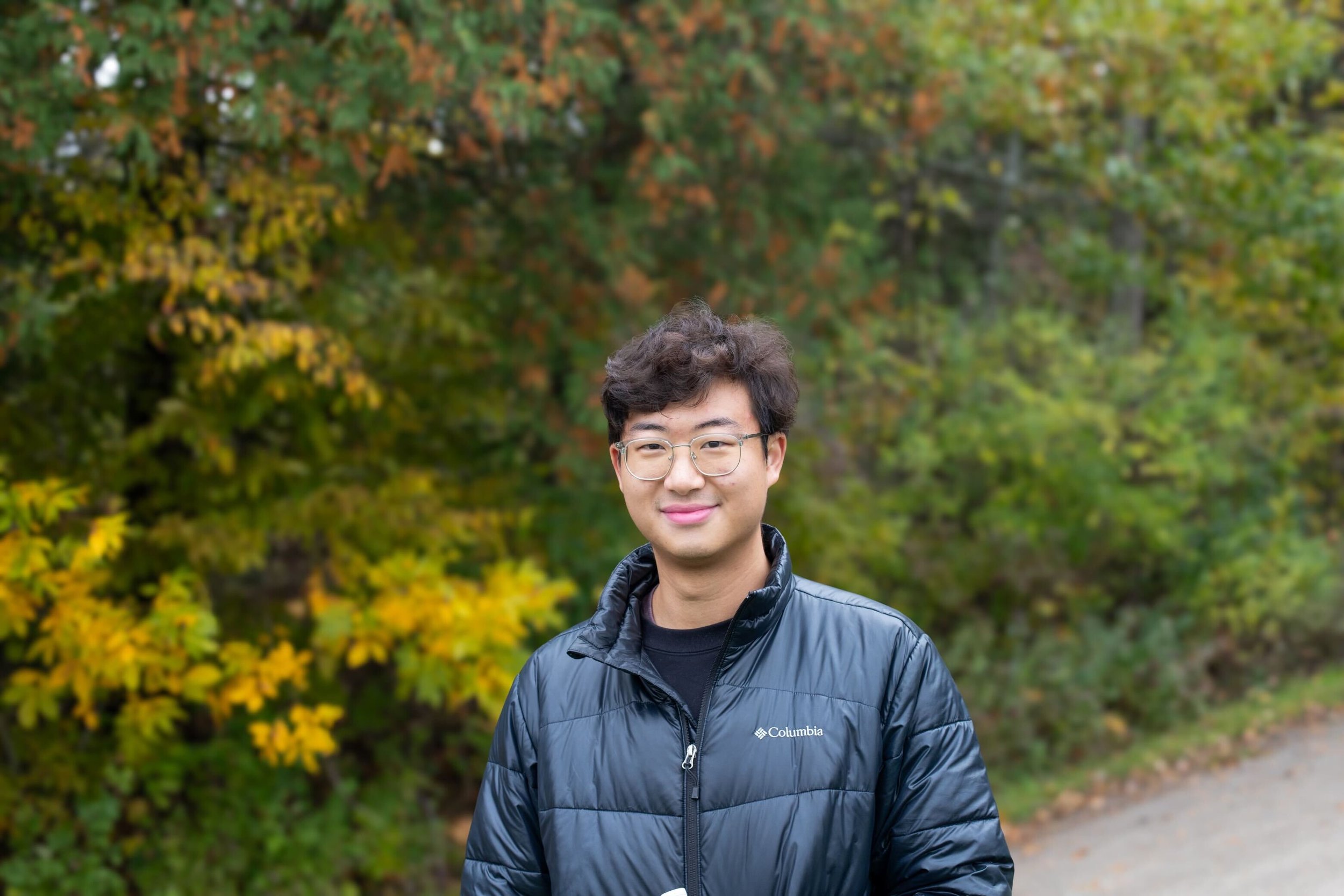Ham Huang

Department: Psychology
Faculty Adviser: Natalia Velez, Tom Griffiths
Year of Study: G2
Undergraduate School: UC Berkeley
Undergraduate Major: Psychology, Mathematics, Philosophy
Personal Bio
I started my thesis project (similar to Princeton's JP but optional at Berkeley) in the beginning of my Junior year. We used psychophysics experiments and computational modeling to study learning and memory of humans. Then I spent 3 years at UPenn as pre-doc researcher, where I designed online experiments and played with fMRI neuroimaging data as well to tackle questions in social cognition and social neuroscience. At Princeton, I continue my research on applying cognitive modeling and behavioral experiments to better understand collective cognition.
Fun Fact
Ham is a name from the Hebrew Bible. He is the second son of Noah. Doesn't mean I am religious though just thought it's an interesting fun fact.
Research Pitch
As illusive as it is, cognition can be roughly defined as the process of information processing that gives rise to characteristics of human (sometimes other beings) behavior in various domains. Delineating this process lies at the heart of research in cognitive science. Unsurprisingly, the actual research areas in cognitive science are as diverse as the kinds of information humans process everyday -- ranging from simply recognizing a car is a car to figuring out how to speak to this stranger at a party. Intriguingly, cognitive scientists have uncovered a few key principles that seem to cut across these diverse tasks. These principles are well formulated as computational and mathematical models of cognition, which gives us a quantitatively precise description of how humans integrate these information to solve the tasks. A key area in cognitive science, the one I am excited to contribute to, is how do these principles extrapolate to a group of people? In other words, how does "collective cognition" work? The field of collective cognition draws attention from diverse disciplines such as economics, sociology, organization studies, and political science, just to name a few. This diversity in part makes researching in the area interesting! The key methods I bring include computational modeling of cognition and behavioral experimentation. Behavioral experimentation is the primal tool in psychologist's toolbox which allows us to test what people do under different scenarios that we carefully design. Documenting behavior is paramount to studying cognition because one cannot examine the process of information processing without knowing what the the outcome of that processing is.
Upcoming Programs That I Am Attending:
Plans for Summer 2025
Interested in participating in Summer 2025 ReMatch+ program.

